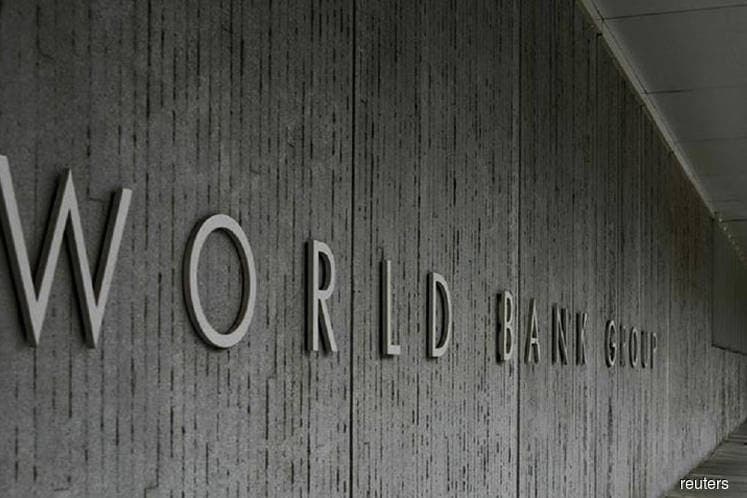
This article first appeared in The Edge Financial Daily on February 14, 2018
KUALA LUMPUR: While there are no fixed models to reform the public sector, the delivery unit approach used to improve education-sector performance in Malaysia is worth learning from, says the World Bank.
The bank noted that while many developing countries adopt various strategies to improve education outcomes, few are able to successfully implement them.
“Implementation challenges take on many forms. To overcome these, Malaysia used a delivery unit method to tackle its most persistent service delivery challenges — improving the quality of its primary education,” the bank said in a report launched yesterday.
The report, released as the latest instalment of the World Bank Group’s outbound knowledge report series, takes a look at Malaysia’s efforts to tackle education challenges, particularly through the establishment of the Education Performance and Delivery Unit (Padu) in 2013 by the education ministry.
Padu was mandated to facilitate, support and deliver the initiatives set out in the Malaysia Education Blueprint 2013-2025. The blueprint will see the transition of the education system to adopt 21st century learning and aim to reach the top third ranking of the programme for international student assessment by 2025.
“This report distils useful lessons learnt in improving the performance of its education sector, and makes recommendations to bring Malaysia one step closer towards its aspirations of becoming a high-income country,” World Bank country manager for Malaysia Faris Hadad-Zervos said at the launch.
World Bank programme leader Lars Sondergaard, who co-wrote the report, added that while each country is unique in the challenges presented, the report presents a sound example for other countries to take lessons from.
For example, making improving education outcomes a national priority will elevate the profile, the stake, and the resourcing for the initiative, he said.
“Creating institutional mechanisms to ensure collaboration, coordination and commitment among all stakeholders is [also] key for better implementation, as is the need for fostering performance culture in the ministry to improve incentives on the ground,” said Sondergaard.